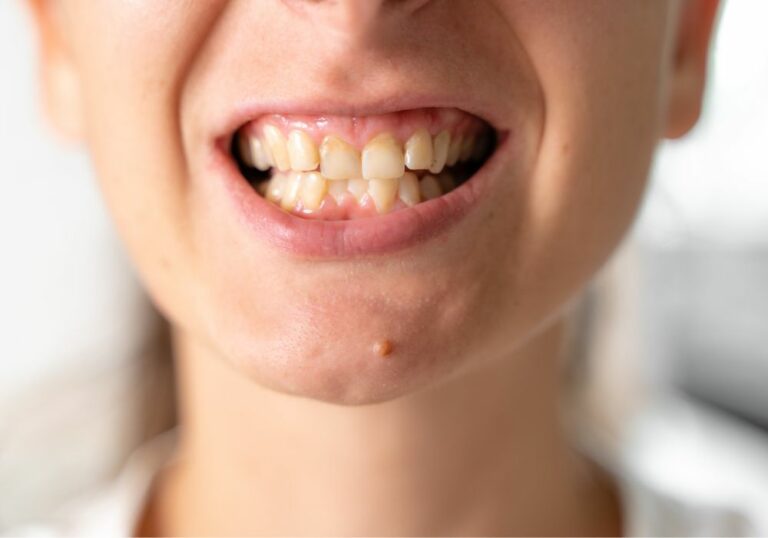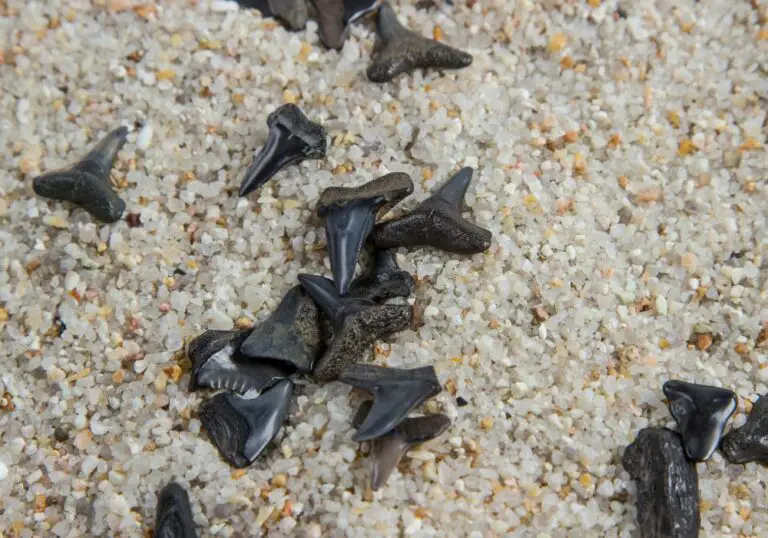Wisdom teeth, also known as third molars, are the last teeth to erupt in the very back corners of the mouth. They typically emerge between the late teen years and early 20s. Wisdom teeth often become impacted, meaning they get stuck in the jaw and fail to emerge properly. Their position in the back of the mouth also makes them hard to reach and maintain. For these reasons, wisdom teeth cause problems for many people.
With all the trouble wisdom teeth can cause, it’s common to wonder why you can’t just spit them out like baby teeth when they start to erupt. Unfortunately, the prospect of spitting out wisdom teeth is merely wishful thinking. The anatomy and development process of wisdom teeth are very different than that of baby teeth.
This makes spontaneous, natural wisdom tooth loss impossible. Here’s an in-depth look at why wisdom teeth can’t be spat out like baby teeth.
Unique Anatomy of Wisdom Teeth
Wisdom teeth and baby teeth have very different anatomical structures that dictate how they emerge, develop, and shed. Some of the key differences that prevent wisdom teeth from being spat out include:
Number and Shape of Roots
- Baby teeth have small, single conical roots that fully resorb as permanent teeth develop. This resorption loosens baby teeth and allows easy natural shedding.
- Wisdom teeth have 2-4 long, fully formed roots that anchor them firmly in the jaw bone. The roots do not get resorbed and dissolved.
Eruption Timeline
- Baby teeth come in at a predictable time, starting around 6 months old and finishing around age 3. They come in sequentially, which helps push previous teeth out.
- Wisdom teeth emerge long after permanent teeth are in place, typically between 17-25 years old. There are no larger subsequent teeth to help push wisdom teeth out.
Jaw Size Accommodation
- A child’s jaw is initially too small to fit all permanent teeth. This crowding helps naturally push out baby teeth.
- By adulthood, the jaws are fully grown. Wisdom teeth often lack enough space and become impacted. The cramped space makes it difficult for them to fully erupt.
Impaction Problems With Wisdom Teeth
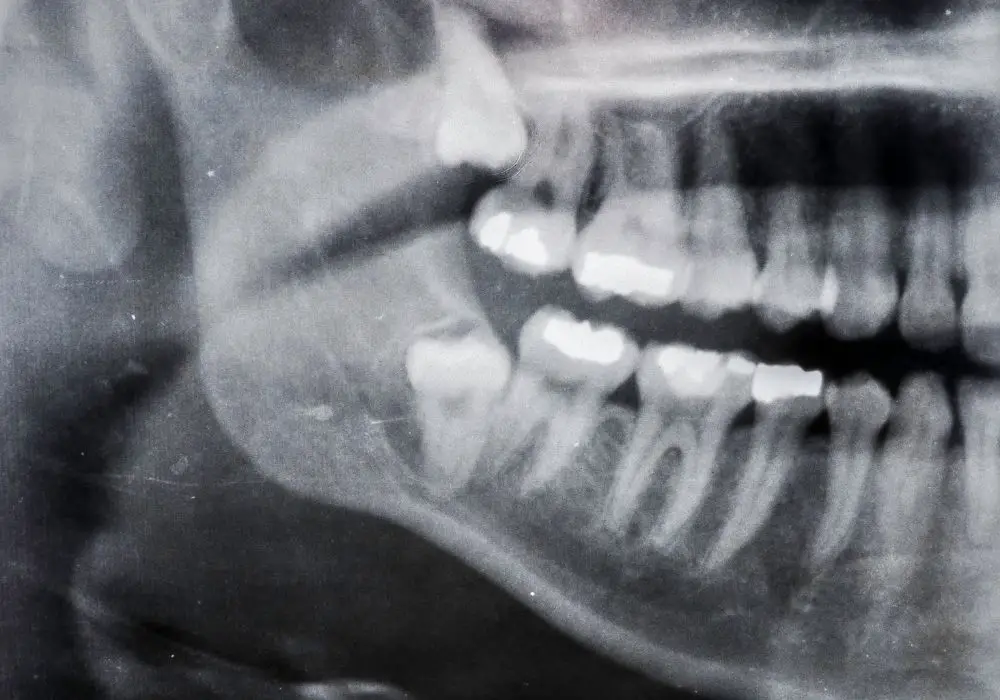
Because wisdom teeth are unable to naturally emerge and shed, they have a high likelihood of becoming impacted. Wisdom tooth impaction occurs when the tooth becomes trapped inside the jaw and cannot fully penetrate through the gums. Impaction happens for many reasons:
1. Partial Eruption
Most impacted wisdom teeth are partially erupted. The crown may have pierced through the gumline, but the long roots remain fully embedded in the jaw bone. This prevents them from popping out.
2. Retained Gum Tissue
Sometimes the gum tissue over an erupting wisdom tooth fails to recede like it should. This retained gum continues covering the tooth, blocking it from fully emerging.
3. Unusual Orientation
Wisdom teeth may try to erupt at odd angles, such as tilted sideways or facing forward. The abnormal orientation prevents proper eruption.
4. Dense Bone
Thick jaw bone can surround wisdom teeth and prevent the roots from loosening. This causes the teeth to become trapped against the bone.
5. Nearby Tooth Blockage
Adjacent molars may block wisdom teeth from having room to erupt. The rear molars prevent them from emerging properly.
Why Can’t I Just Pull Them Out?
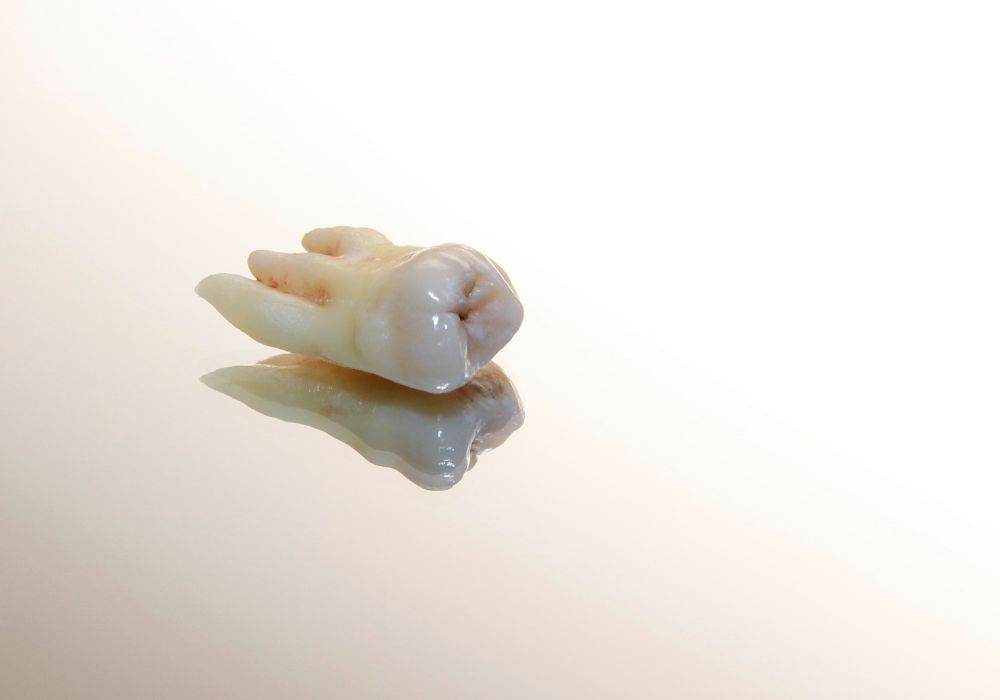
Given all the above anatomical and developmental factors, wisdom teeth that fail to fully erupt become stuck in place and cannot be manually pulled out or spat out. Even wisdom teeth that have pierced the gums likely have roots still encased in bone, anchoring them firmly in the jaw. Any attempt to forcibly pull them out at home could lead to:
- Broken roots leaving tooth fragments still embedded
- Sinus tears or damage
- Jaw dislocation
- Nerve injuries
- Excessive bleeding
- Infection
Additionally, the cramped impaction may require surgical bone removal to create space for extraction. The use of dental elevators and other instruments is often necessary to carefully loosen and extract impacted wisdom teeth.
For all these reasons, wisdom teeth require proper surgical extraction by an oral surgeon in an operating room under anesthesia. While it may sound nice to spit them out like baby teeth, wisdom teeth realistically require surgery for safe removal.
Surgical Removal is Necessary
Due to the anatomical restraints and impaction issues outlined above, wisdom teeth will not come out on their own like baby teeth. Surgical extraction by an oral surgeon is required to remove impacted wisdom teeth and alleviate associated problems. Here is an overview of the wisdom teeth removal process:
Consultation
An oral surgeon will evaluate the positioning of the wisdom teeth using dental x-rays. They will check for signs of impaction, infection, and damage to nearby teeth and bone. The best surgical method will be determined.
Extraction Surgery
Wisdom teeth are removed under local or general anesthesia in a sterile operating room. The surgeon will open the gum tissue over the tooth and remove any bone blocking the tooth’s eruption. The tooth will be loosened from the bone and carefully extracted.
Recovery
There will be some postoperative pain, swelling, and bleeding as the extraction site heals. This usually resolves within a couple weeks as long as instructions are carefully followed. Antibiotics and pain medication help with recovery.
Regular dental checkups can help detect potential problems with wisdom teeth early. Impacted wisdom teeth won’t resolve on their own, so prompt surgical extraction prevents more serious complications from developing. Ultimately, wisdom teeth can’t be spat out due to fundamental anatomical differences from baby teeth. Surgical removal is the only option for getting problematic wisdom teeth out.
FAQ About Spitting Out Wisdom Teeth
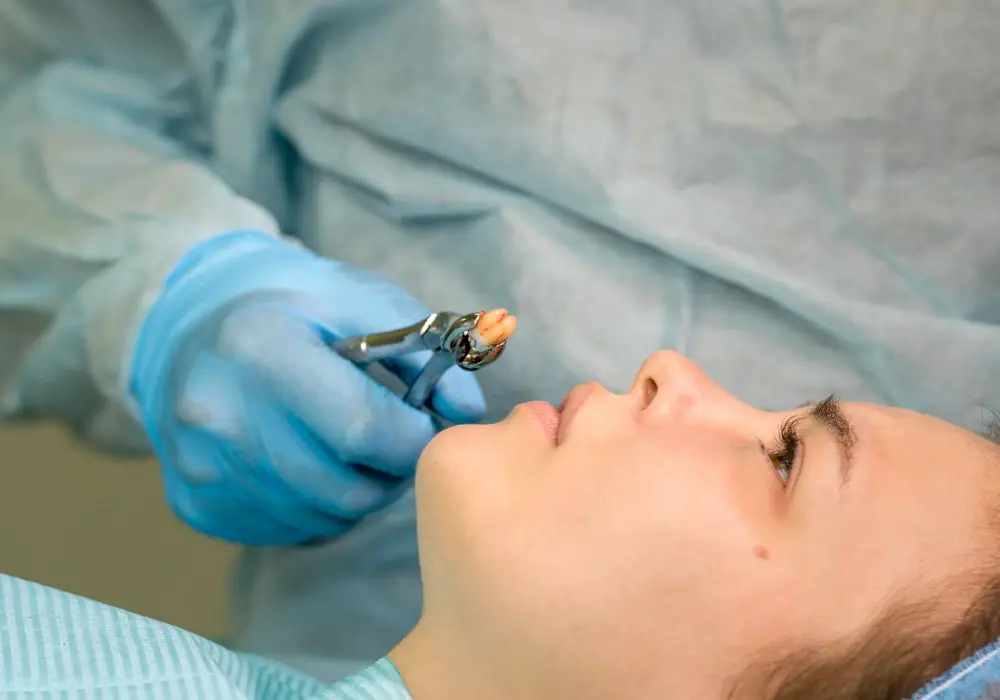
Many people wonder if there are exceptions that would allow wisdom teeth to be manually expelled from the mouth. Here are answers to some frequently asked questions:
Why can I spit out baby teeth but not wisdom teeth?
Baby teeth have anatomical features that allow them to be pushed out by permanent teeth. Wisdom teeth lack these features and become too impacted to come out on their own. Only surgical extraction can remove impacted wisdom teeth.
What if my wisdom teeth are partially erupted?
Even partially erupted wisdom teeth have long roots anchoring them in bone. Do not try pulling them out yourself. See an oral surgeon to avoid complications.
Can wiggling my wisdom teeth help loosen them?
No, wiggling impacted wisdom teeth will not help them naturally emerge and may damage them. Their roots are firmly set in the jaw bone.
Why can’t my dentist just pull my wisdom teeth?
General dentists do not have the training, tools, and facilities to properly extract impacted wisdom teeth. Oral surgeons have specialized expertise in wisdom tooth removal surgery not available in a dentist office.
What if I wait until my wisdom teeth fully erupt?
Impacted wisdom teeth that have not emerged by early adulthood likely never will. Waiting increases chances of serious problems. Timely extraction is recommended.
Conclusion
Wisdom teeth are anatomically designed to become fully rooted in the jaw, not to be shed out like baby teeth. When they become impacted, they cannot emerge or be spat out on their own. While it’s an appealing idea, wisdom teeth will never simply fall out of the mouth. Extraction requires oral surgery, not just spitting them into your sink. Getting wisdom teeth out through proper surgical treatment leads to the best results and prevents many potential problems down the road.



